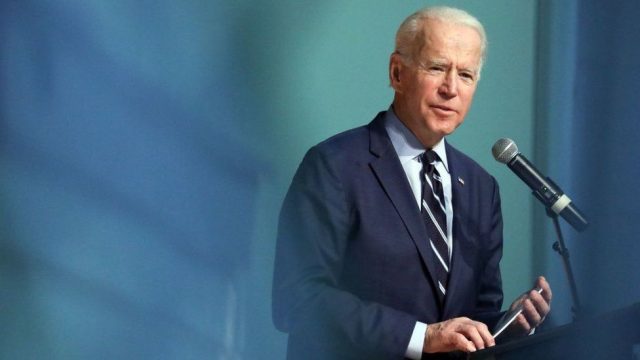BY WILLIAM MOLONEY, OPINION CONTRIBUTOR
THE VIEWS EXPRESSED BY CONTRIBUTORS ARE THEIR OWN AND NOT THE VIEW OF THE HILL
The precipitous and chaotic American abandonment of Afghanistan, without proper consultation and support for allies, less than a year ago was a great shock to the NATO alliance, raising grave doubts about the judgment, stability and reliability of the U.S. as leader of the free world. The resulting cracks in the alliance were only papered over by the blunt truth that our allies had nowhere to go outside the security umbrella provided by the U.S. under Article 5.
Now, in the rapidly changing landscape of the Ukraine war, we are seeing ominous signs that the U.S. may be leading NATO in the direction of an even worse strategic humiliation — one that can result in a dramatic reconfiguration of the world’s geopolitical structure.
The New York Times reported recently on a June 16 visit to Kyiv by leaders of four NATO countries — France, Germany, Italy and Romania — during which they delivered a dual message to Ukrainian President Volodymyr Zelensky. At the more public and cosmetic level, the Western leaders demonstrated their support against Russian aggression by offering Ukraine a path to European Union membership but they “did not promise the country additional heavy weapons on the scale it says it needs to repel a bloody Russian advance in the East.”
The European leaders carefully adhered to the Biden administration’s policy by insisting “they were not pressing Mr. Zelensky to accept a peace deal with Moscow,” according to the Times. But, as reflected in the palpable disappointment of the Ukrainians, the EU’s key leaders were clearly signaling the limits of their own support.
This new European stance now places the Biden administration on the horns of a possibly insoluble dilemma, as David Goldman reported in a recent Asia Times article. With the war having reached a critical stage and the world economy reeling from supply shocks in energy and food previously supplied by Russia and Ukraine, Goldman asserts that America’s boasts of “driving Putin from power, destroying Russia’s capacity to make war, and halving the size of Russia’s economy look ridiculous in retrospect.”
China has departed from its early public neutrality regarding the war by reaffirming its partnership with Russia and effectively calling for a compromise peace — as have others, including, evidently, our European allies. The pressure is mounting on President Biden, who until now has brooked no dissent from Ukraine’s demand for the full restoration of its pre-2014 borders.
A slippery slope filled with a series of bad choices awaits the Biden administration. A compromise peace, which much of the world apparently desires for various self-interested reasons, inevitably would begin with negotiations. Unless Russia is allowed to continue its territorial gains during the negotiations, a ceasefire would be required — and historically, these involve freezing the existing territorial division between combatants for the duration. As we have learned from Korea, the Middle East, and other such arrangements, these temporary demarcation lines often evolve into de facto permanent borders.
Russia has made strategic territorial gains, so such an outcome would be disastrous for Ukraine — and humiliating for the United States. Yet, since European leaders and the U.S. so far have refused to supply the arsenal of modern weaponry that Ukraine has said it needs to survive, it is difficult to see any other scenario unfolding.
At the beginning of this tragic conflict, a combination of blunders by Russian troops and heroic resistance by Ukrainian fighters promoted the conventional wisdom that Russian President Vladimir Putin had gravely miscalculated and inevitably would be the big loser. The West indulged itself in this expectation of the war’s outcome. Now, faced with the reality of a looming world recession and a spiraling strategic crisis, the agenda for President Biden and our NATO allies has gone from expectations of military victory to hopes for political survival.
The consequences of this momentous transformation will ripple far and wide for years to come.
William Moloney is a Fellow in Conservative Thought at Colorado Christian University’s Centennial Institute who studied at Oxford and the University of London and received his doctorate from Harvard University. He is a former Colorado Commissioner of Education.








